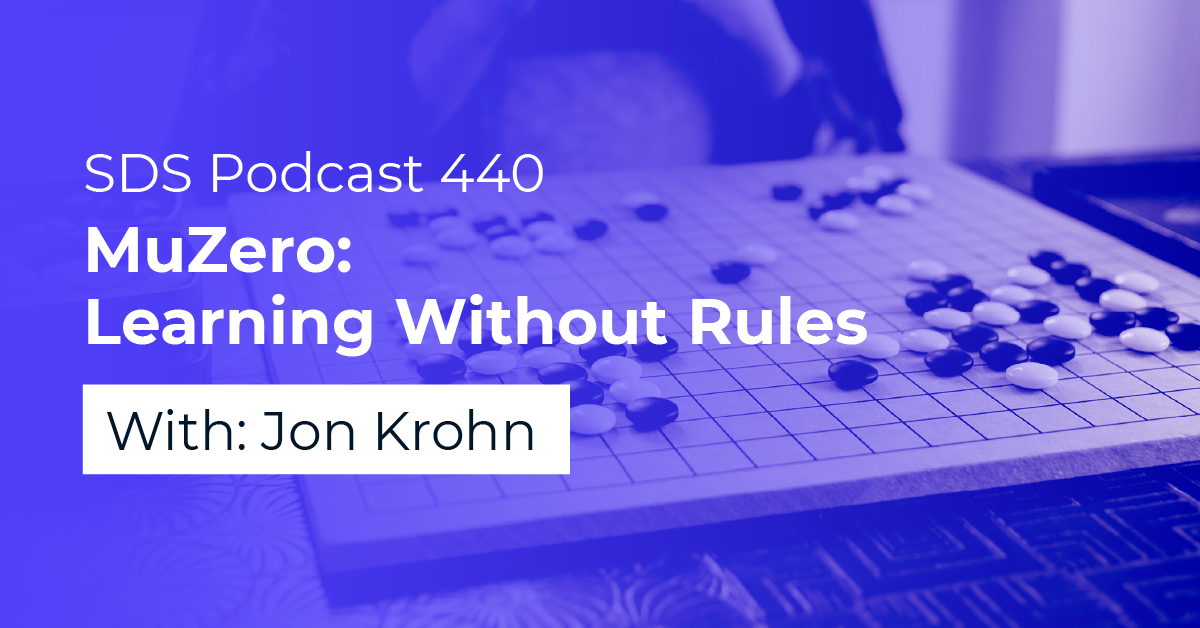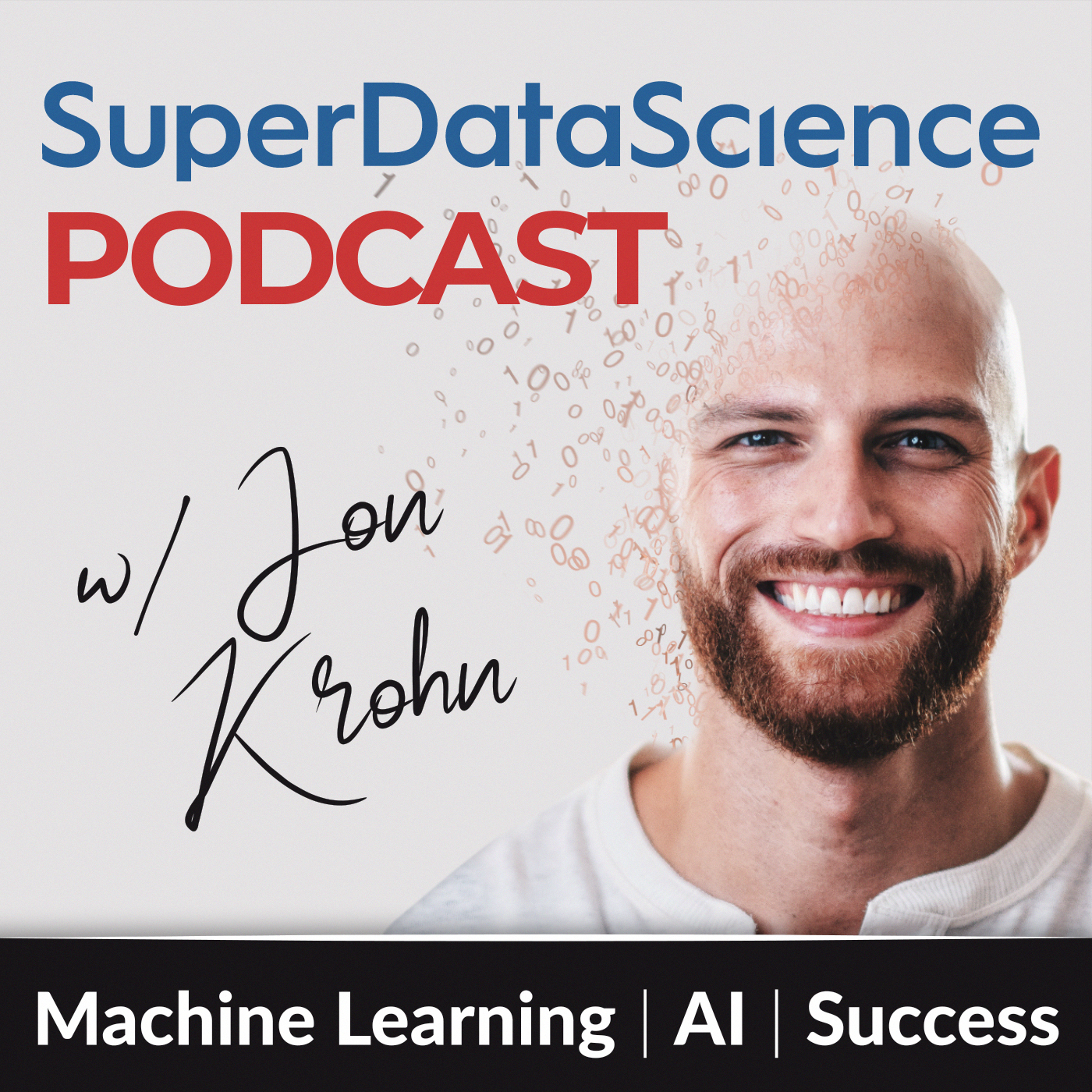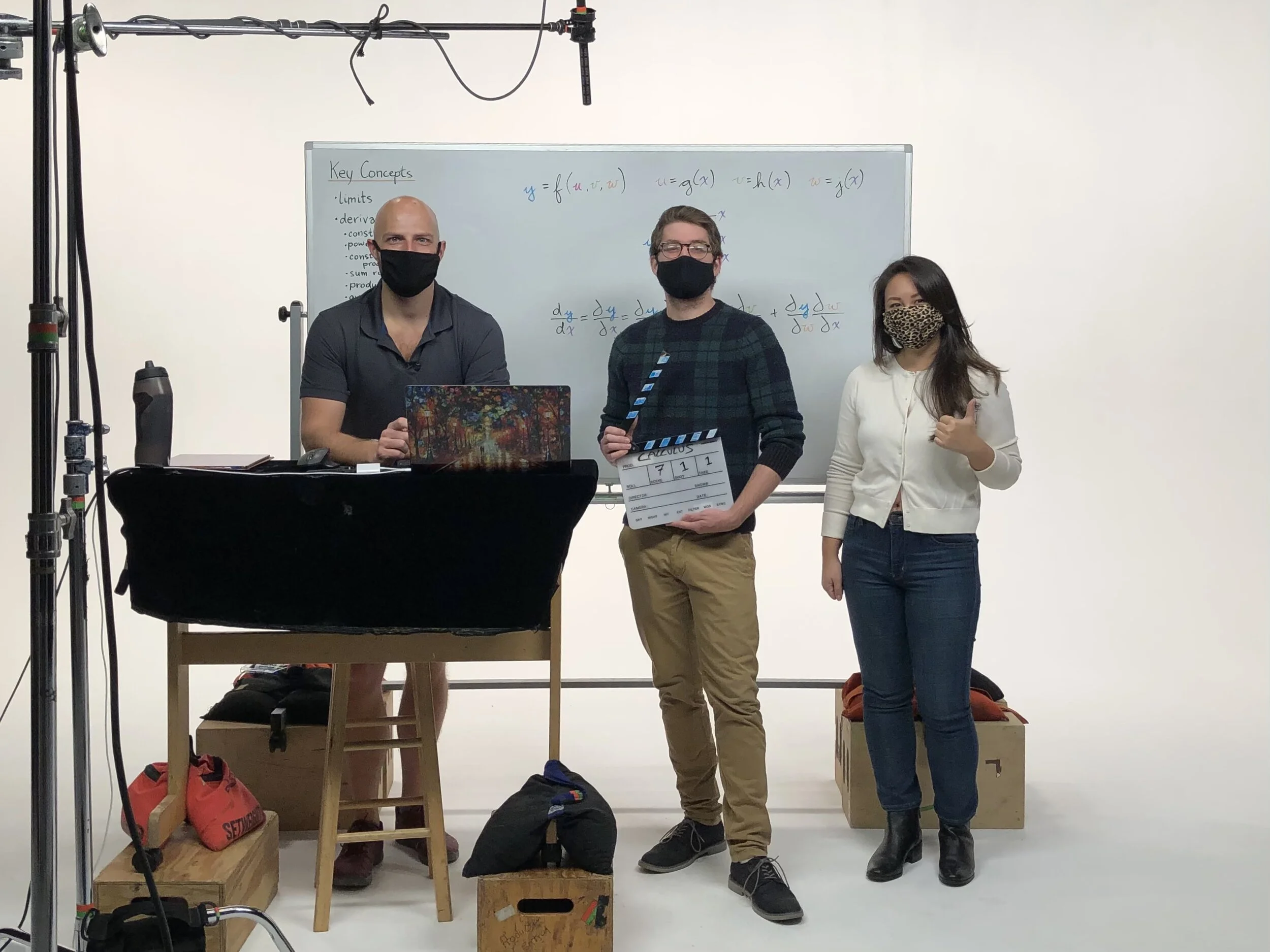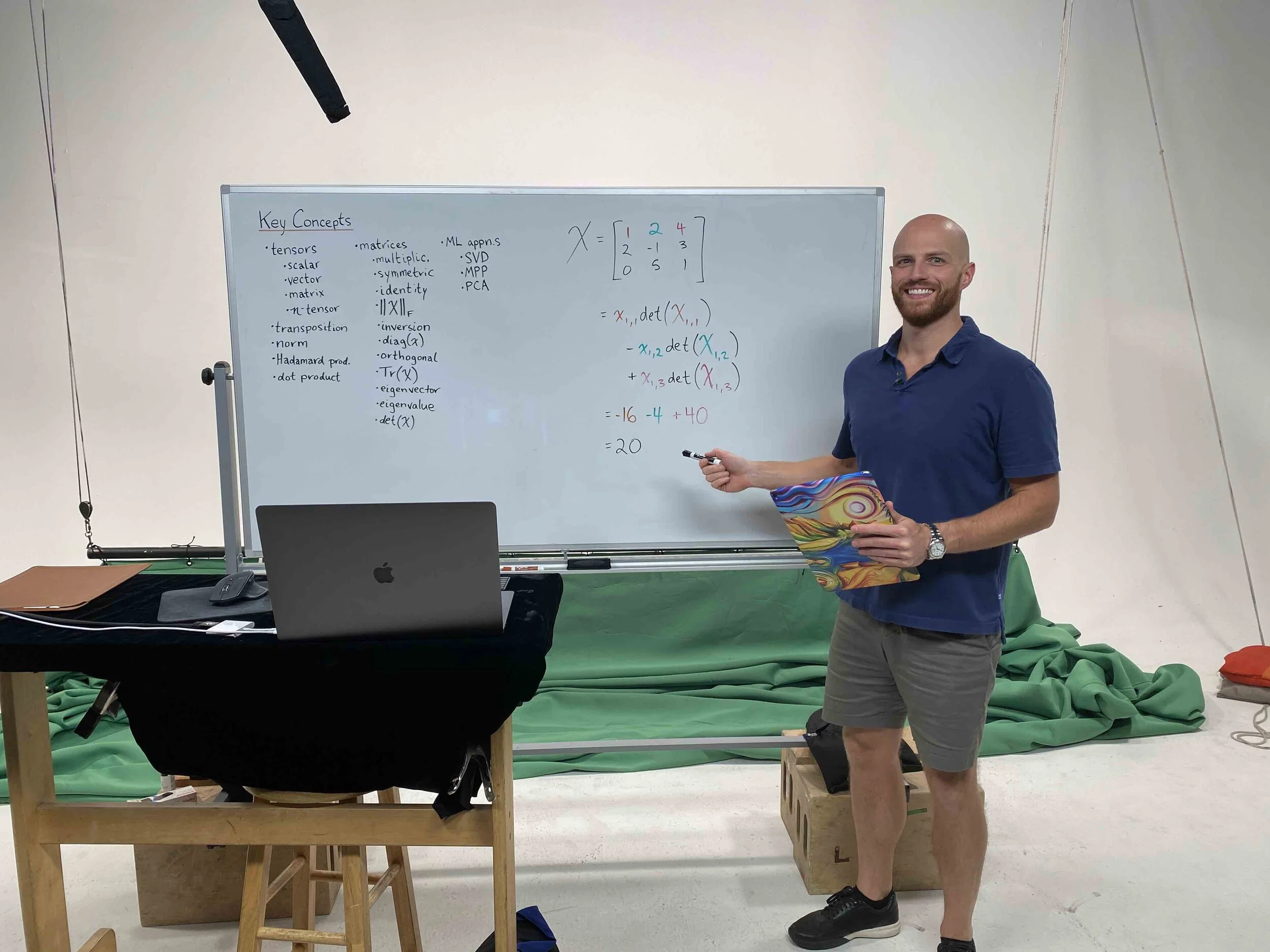On Thursday, I kick off a live, 14-lecture bootcamp on the four foundational subjects underlying machine learning theory:
- Linear Algebra
- Calculus
- Probability and Statistics
- Computer Science
All of the bootcamp details -- including lecture dates, a detailed topic-by-topic syllabus, and an introductory video -- are available here.
The premise of the bootcamp is that to be an outstanding data scientist or ML engineer, it doesn't suffice to only know how to use ML algorithms via the abstract interfaces that the most popular libraries (e.g., scikit-learn, Keras) provide. To train innovative models or deploy them efficiently in production, an in-depth appreciation of machine learning theory (pictured as the central, purple floor in my metaphorical house diagram; see below) is required. And, to cultivate such in-depth appreciation of ML, one must possess a working understanding of the four foundational subjects.
When the foundations of the "Machine Learning House" are firm, it also makes it much easier to make the jump from general ML principles (purple floor) to specialized ML domains (the top floor, shown in gray) such as deep learning, natural language processing, machine vision, and reinforcement learning. This is because, the more specialized or cutting-edge the application, the more likely its details for implementation are available only in academic papers or graduate-level textbooks, either of which typically assume an understanding of the four foundational subjects.
In any event, all 14 lectures of the bootcamp are included as part of a subscription to the AI+ Training platform that was launched earlier this year by the Open Data Science Conference (ODSC). Through the platform, you also get unlimited access to recordings of the lectures so you can brush up anytime or attend lectures that you miss.
I love offering online lectures because I get to meet intelligent, ambitious people from all over the world. They're also great for students because of the interactivity. Speaking of which, the course will be filled with paper-and-pencil exercises and we'll work through the solutions together. On top, I've included hundreds of hands-on code demos in Python, with a particular focus on low-level operations in the PyTorch and TensorFlow libraries.
All of the code is available open-source in GitHub now.















